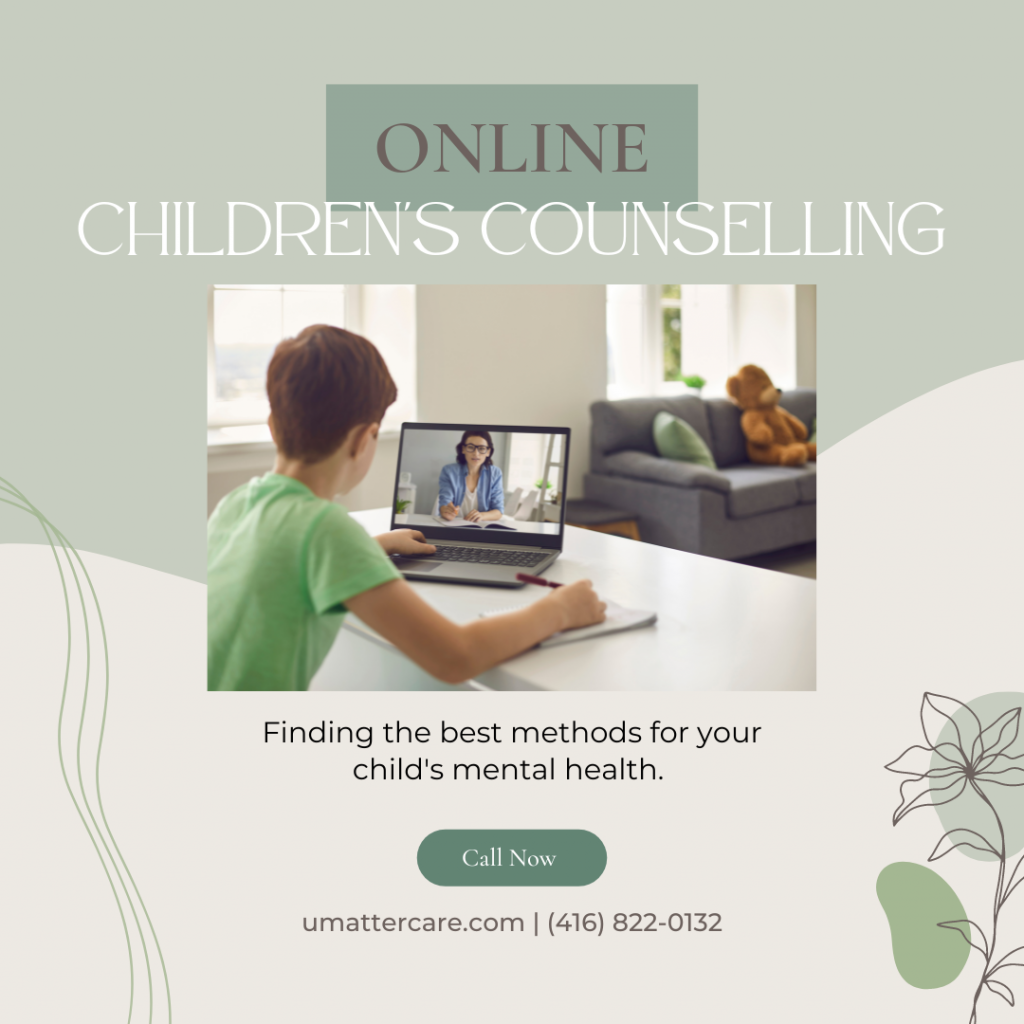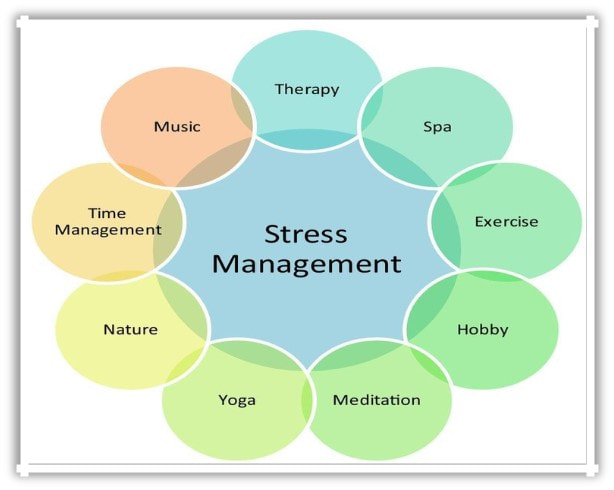Tag: psychotherapy near me
About alcohol abuse
Knowing about alcohol abuse is crucial because it helps individuals understand the risks associated with excessive drinking. Alcohol abuse can lead to a wide range of physical and mental health problems, including liver damage, heart disease, and cognitive impairment. Additionally, alcohol abuse can increase the risk of accidents and injuries, such as car crashes and falls. Knowing about the signs and symptoms of alcohol abuse can also help individuals identify when they or someone they know may need help. Finally, understanding the impact of alcohol abuse on families and communities can help raise awareness and promote responsible drinking behavior. Overall, knowing about alcohol abuse is essential for promoting health and well-being and reducing the negative consequences of excessive drinking.
Facts: How much is too much
Based on the most recent international research data, moderate alcohol consumption is defined as up to one standard drink per day for women and up to two standard drinks per day for men. A standard drink typically contains 14 grams of pure alcohol, which is equivalent to a 12-ounce beer, a 5-ounce glass of wine, or a 1.5-ounce shot of liquor. However, it is important to note that these guidelines are intended for healthy adults and may not apply to individuals with certain health conditions or who are taking certain medications. Furthermore, the risks associated with alcohol consumption increase with higher levels of drinking, and binge drinking (defined as consuming four or more drinks on a single occasion for women or five or more drinks for men) is associated with a wide range of negative health outcomes. It is always important to consume alcohol in moderation and to be aware of the risks associated with excessive drinking.
Alcohol abuse and risks of addiction
Alcohol abuse is a serious problem that affects millions of people worldwide, including Canada. According to a report by the Canadian Centre on Substance Use and Addiction (CCSA), alcohol is the most commonly used substance in Canada. The report also states that in 2018, 3.3 million Canadians aged 15 years and older reported heavy drinking, which is defined as consuming five or more drinks on a single occasion at least once a month.
One of the biggest risks associated with alcohol abuse is the development of addiction. Research has shown that genetic, environmental, and individual factors can contribute to the risk of developing alcohol addiction. A study conducted by the CCSA found that 21% of Canadians who reported heavy drinking met the criteria for alcohol dependence, indicating a high risk of addiction.
Alcohol addiction can have a significant impact on a person’s physical, mental, and social well-being. Long-term alcohol abuse can lead to liver damage, heart disease, high blood pressure, stroke, and cancer. It can also increase the risk of accidents and injuries, such as falls, burns, and car crashes. Furthermore, alcohol addiction can lead to cognitive impairment, memory loss, and other mental health issues.
We are here to help
It is essential to seek help as soon as possible if you or someone you know is struggling with alcohol addiction. Treatment typically involves a combination of medication, therapy, and support groups. However, only a small percentage of Canadians who need help for alcohol addiction actually receive treatment. The CCSA report found that only 10% of Canadians who reported heavy drinking received treatment for alcohol dependence.
Prevention is also a crucial aspect of addressing alcohol abuse and addiction. Parents, schools, and communities can play a critical role in preventing alcohol abuse by educating young people about the risks of excessive drinking and promoting responsible alcohol use. The CCSA report also recommends increasing access to treatment and support services for those struggling with alcohol addiction.
In conclusion, alcohol abuse and addiction are serious issues that can have a significant impact on a person’s physical, mental, and social well-being. The risk of addiction is high for Canadians who report heavy drinking, highlighting the need for increased awareness and access to treatment and support services. Prevention is also crucial, and parents, schools, and communities can play a critical role in promoting responsible alcohol use and educating young people about the risks of excessive drinking. By working together, we can address the issue of alcohol abuse and addiction in Canada and help those who are struggling to find the support and treatment they need to recover.
Marital conflict
Our Marital Conflict and Resolution Professionals are ready to help you with issues that may be impacting your relationship and interfering with your happiness.
Conflict in a marriage can arise from a multitude of factors, ranging from differences in values and expectations to communication breakdowns and unresolved emotional baggage. It can manifest in various ways, such as heated arguments, silent treatments, or passive-aggressive behaviors, often resulting in emotional distress, tension, and strain on the relationship. The underlying issues may include unmet needs, unresolved conflicts, and unexpressed emotions that can fester over time and create a rift between partners. If Marital Conflict is left unaddressed, marital conflict can have detrimental effects on the emotional well-being and stability of the relationship, highlighting the importance of effective communication, mutual respect, and willingness to work through challenges for a healthy and thriving marriage.
Reasons for marital conflict
There are many reasons why conflict can arise in a marriage. Here are some of the most common reasons for conflict in a marriage:
Communication problems
Poor communication is often at the root of conflicts in a marriage. If one or both partners are not effectively communicating their needs, feelings, and concerns, it can lead to misunderstandings and disagreements.


Differences in expectations
Each partner in a marriage may have different expectations about what their relationship should look like, how much time they should spend together, how they should handle finances, and so on. These differences can lead to conflict if they are not addressed and resolved.
Financial stress
Money is a common source of stress and conflict in a marriage. If one or both partners are struggling financially or have different attitudes toward money, it can lead to disagreements and tension.


Infidelity
Cheating or infidelity can cause a significant breach of trust in a marriage and can lead to feelings of anger, betrayal, and hurt.
Parenting disagreements
If partners have different ideas about how to raise their children, it can lead to disagreements about discipline, education, and other parenting issues.


Household responsibilities
Disagreements about household responsibilities, such as cleaning, cooking, and childcare, can lead to conflict if one partner feels overburdened or feels like the other is not doing their fair share.
Lack of intimacy
If one or both partners feel unsatisfied with the level of intimacy in their relationship, it can lead to feelings of resentment, frustration, and conflict.

These are just some of the many reasons why conflicts can arise in a marriage. It’s important to recognize that conflicts are a normal part of any relationship and that the key to resolving them is effective communication, compromise, and a willingness to work together toward a common goal
Growing up with addicted parents
Growing up with addicted parents can be an incredibly difficult experience for children. Addiction can impact every aspect of a family’s life, from the emotional well-being of each family member to the practical aspects of day-to-day living. Children who grow up in households where addiction is present often face unique challenges that can affect their development and future.
One of the most significant challenges that children of addicted parents face is emotional instability. Addiction is often accompanied by mood swings, outbursts of anger, and unpredictable behavior. Children may never know what to expect from their parents, which can lead to feelings of anxiety, fear, and confusion. This can make it challenging for them to form healthy relationships in the future, as they may struggle to trust others or feel safe around them.
One of the most significant issues that these children face is anger management problems. Children living in households with addicted parents often experience a range of emotions, including fear, sadness, guilt, and anger. However, anger, in particular, can be a prevalent and disruptive emotion for these children.
Children who struggle with anger management issues may display it in the form of outbursts, temper tantrums, verbal or physical aggression, and even self-harm. These behaviors can create additional stress for the child and the family, exacerbating the challenges of living with addiction.
Children of addicted parents may also face the risk of neglect or abuse. Addiction can impair a parent’s judgment and decision-making abilities, making it difficult for them to prioritize their children’s needs. In extreme cases, addiction can lead to neglect or abuse of children, as parents may be too intoxicated or preoccupied to care for them properly. This can have lasting effects on a child’s mental health and well-being, leading to long-term trauma or even physical harm.They may be physically present but emotionally absent, leaving children feeling lonely, isolated, and confused

Addiction can lead to financial instability, as parents may struggle to hold down a job or prioritize their spending. This can mean that children may not have access to basic necessities like food, clothing, or housing. Additionally, addiction can make it challenging for parents to maintain consistent routines or schedules, leading to unpredictable home life.
Despite these challenges, it is essential to recognize that children of addicted parents can and do overcome these obstacles. With the right support and resources, they can build resilience and learn to cope with the challenges they face. This may include seeking out therapy or counseling to address the emotional impact of addiction, connecting with community resources for basic needs like food and shelter, or even finding a supportive network of friends or family members who can offer a stable and positive environment.
In addition to seeking out support, it is also crucial for children of addicted parents to practice self-care. This may involve setting boundaries with their parents or learning healthy coping mechanisms to manage stress and anxiety. It may also involve seeking out opportunities for personal growth and development, such as pursuing education or a career path that aligns with their interests and passions.

Growing up with addicted parents can be a challenging and traumatic experience for children, but it is not an insurmountable one. With the right support and resources, children can learn to overcome the challenges they face and build a fulfilling and happy life for themselves. By recognizing the impact of addiction on families and communities, we can work together to provide the support and resources necessary to help children of addicted parents thrive.
Poor anger management can lead to the use of drugs, alcohol and other addictive substances
What is anger
- Cultural groups fighting for human rights
- Nations getting together to change a system in power
- Individuals advocating for changing a law
- Communities pursuing changes for a better future


How does anger affect us
Anger can be an instantaneous reaction to an event, or a buildup of unexpressed negative emotions experienced over time and stored within us. As we experience anger, our body releases the stress hormones that during a prolonged period of time can damage our physical and mental well-being.
Anger damages our brain
Stress hormones released from anger hurt our cognitive processes such as short-term memory, decision making, and judgement. As a result, when anger is not well-managed, we act inappropriately toward others by offending, assaulting or abusing them. We might take rushed decisions and possibly use drugs or abuse alcohol to calm us down. Anger can decrease our ability to focus in situations that require clear and quick responses such as driving. Manifesting anger can become a way of living an unhealthy and destructive life.


Anger damages our heart
Anger can damage our heart in more than just a physical way by increasing our heart rate and blood pressure and causing other heart issues. It can also destroy relationships with our partners, family members, and friends and cause unnecessary issues and headaches in the work environment. Manifestation of anger in an unhealthy way can indeed have a negative impact on our children’s present and future as it creates an unsafe and threatening environment for their growth.
Talk to a healthcare professional
Often anger comes from underlying health issues. Depression, anxiety, alcohol abuse, drug use and other mental health conditions, as well as the inability to deal with everyday stresses, can make you feel irritable, overwhelmed, or even out of control. Don’t wait for things to get ugly. Take control of your anger and learn how to manage it. Get professional help and improve your life.


Learn ways to deal with stress
Learn breathing exercises: deep breathing relaxes our mind and lowers the heart rate.
Stress control: yoga, meditation, dance and other activities are a great way to release stress in a positive way.
Take it easy: accept the others for who they are, think like “the bigger person” when someone does things that are not done “your way” and distant yourself from the situations you can’t change or fix.
Find new hobbies: explore new thing to do and interests that make you happy, content and give you a sense of fulfillment.
